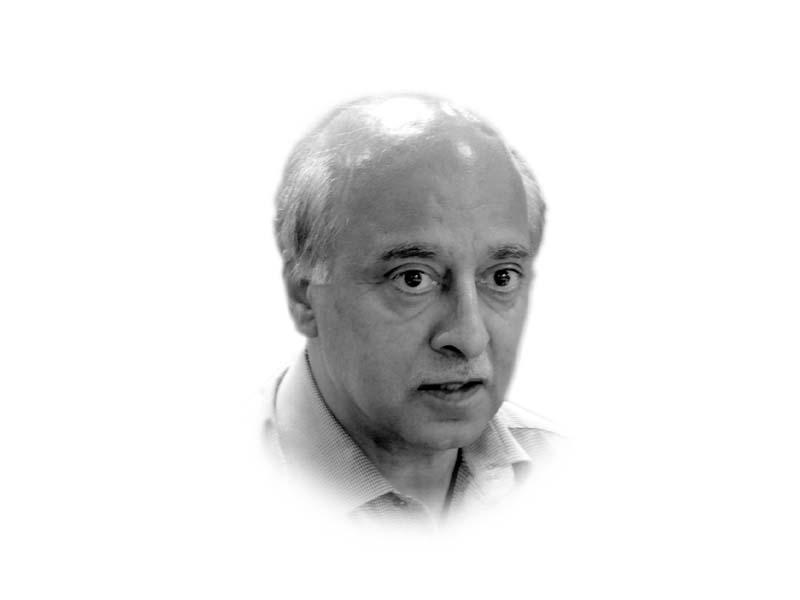
For all of us, particularly those who have been critiquing the ruling elites for lacking a Rule of Law state narrative, Premier Sharif’s speech to Pakistani Hindus on the occasion of Holi marked a clear break from the undesirable past and present politics of expedience, when he underscored that “no one can force others to adopt a certain religion”. His best quote was clearly centered on the Article 25 (equal citizenry rights): “God will not ask a ruler what he did for followers of a certain religion. He will ask people such as me: what did we do for God’s creation?” He went on to say, “No matter what religion or beliefs you follow, or what part of the country you belong to, you must be provided equal access to progress and development”. The prime minister also took a dig at those involved in forcing Hindu and Christian girls to convert to Islam.
The unusually bold message caused considerable unease among the clerics, with one Allama Ashraf Jalali of the Pakistan Ahle Sunnat Wal Jamaat group and secretary of the Sunni Ittehad Council, going to the extent of issuing a fatwa against him. “The prime minister said such words that the Earth should have exploded,” he claimed, adding that Sharif “violated his oath, the ideology of Pakistan, as well as the Quran and Sunnah of the Holy Prophet (pbuh). His speech is a dangerous attack on Islam.” “We demand a public apology from the prime minister (for his anti-Islam speech),” the cleric said in the video, according to various media reports.
Not many heeded the cleric’s radical interpretation of the constitutionalism that Sharif had expressed as the chief executive of a democratic dispensation. Nor should anyone else who believes in the sanctity of the Constitution as a document representing the will of the people, a document that is open to debate and revision to adapt to changing times, as the prime minister suggested.
Regardless of what motivated the prime minister into taking on the obscurantist views of the religious right, he has certainly set the ball rolling for the assertion of a national narrative rooted in the Constitution of Pakistan.
This, one would hope, would also relieve lots of officials of the pain that they endured in “finding a counter or alternative narrative.” Most have been struggling to come up with recipes, albeit without realising that how can you invent an alternative narrative to counter extremists when no narrative existed at all.
Now to make the narrative speak, the government shall have to look around in Islamabad and deal with illegal structures in the capital itself. There are more seminaries than public schools here. Instead of penalising them, the CDA tends to accommodate the administrators of these structures.
The narrative will become credible when the government uses the Supreme Judicial Council to chuck out judges who are using religion for social and political glory. The prime minister needs to tell all citizens that the nation’s salvation and progress lies in opening doors and avenues and not shutting down the internet or social media. He also needs to convey to the nation that if some misguided social media activists are indulging in the abuse of others, the answer lies in informed responses and not a crackdown on social media. Imposing a ban or announcing a clampdown is hardly an intelligent response.
Another test for the rule-of-law-based national narrative is to punish people caught red-handed rather than allowing VIPs to take cover of their privileges. Justice needs to be seen to be done. Mere talk won’t lend it any credibility. It depends on how rulers walk the talk.
Published in The Express Tribune, April 4th, 2017.
Like Opinion & Editorial on Facebook, follow @ETOpEd on Twitter to receive all updates on all our daily pieces.

1732243059-0/mac-miller-(2)1732243059-0-165x106.webp)

1672385156-0/Andrew-Tate-(1)1672385156-0-165x106.webp)
1732240377-0/mac-miller-(1)1732240377-0-165x106.webp)







COMMENTS (1)
Comments are moderated and generally will be posted if they are on-topic and not abusive.
For more information, please see our Comments FAQ